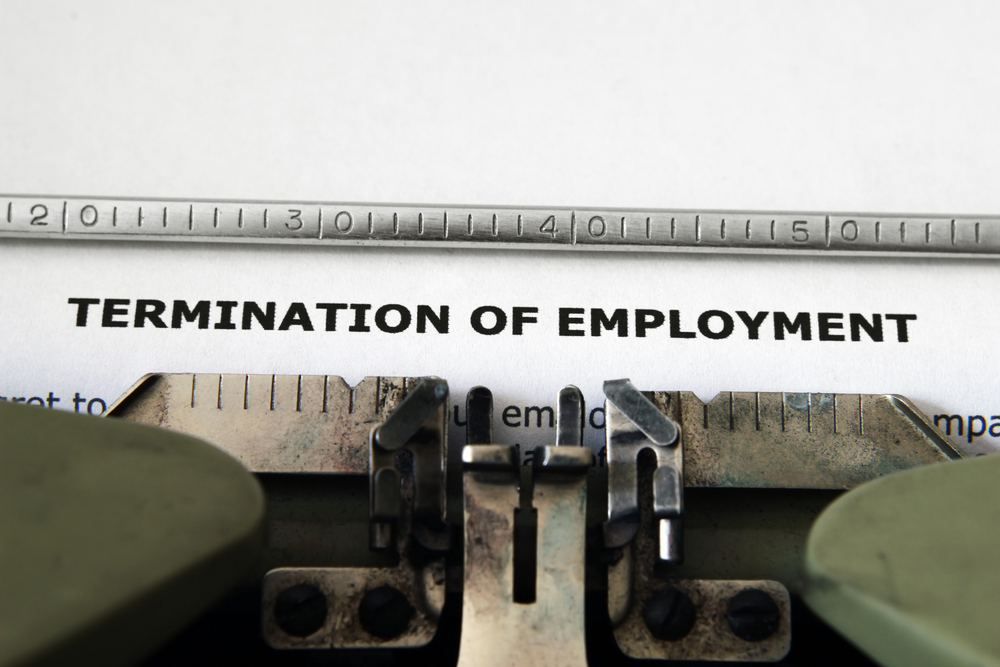Objecting and/or Refusing to Participate in Employer’s Activity in Violation of a Law, Rule, or Regulation under Florida’s Whistleblower Act

Previously, I discussed damages recoverable under Florida’s Whistleblower Act (“FWA”). What is the FWA?
The FWA prohibits an employer from taking retaliatory action against an employee because the employee has “[o]bjected to, or refused to participate in, any activity, policy, or practice of the employer which is in violation of a law, rule, or regulation.” § 448.102(3), Fla. Stat. (2005). “ ‘Law, rule, or regulation’ includes any statute or ordinance or any rule or regulation adopted pursuant to any federal, state, or local statute or ordinance applicable to the employer and pertaining to the business.” § 448.101(4), Fla. Stat. (2005).
To establish a prima facie case under the FWA, a plaintiff must show that: (1) he objected to or refused to participate in any illegal activity, policy or practice of the employer; (2) he suffered an adverse employment action; and (3) the adverse employment action was causally linked to his objection or refusal. Aery v. Wallace Lincoln-Mercury, LLC, 118 So. 3d 904, 916 (Fla. 4th DCA 2013). In Aery, we interpreted the first element of an FWA claim to mean that a plaintiff objecting to the employer’s conduct need only have “a good faith, objectively reasonable belief” that the employer’s activity was illegal. Id. (quoting Luna v. Walgreen Co., 575 F. Supp. 2d 1326, 1343 (S.D. Fla. 2008)).
In Le Publications, Inc. v. Kohl, 45 Fla.L.Weekly D1240a (Fla. 4th DCA 2020).
In Kohl, the plaintiff claimed he was fired from his position with defendant in retaliation for reporting to upper management violations of certain federal laws. The defendant was in the business of selling vitamins and supplements. The plaintiff chaired a review board at defendant to monitor clinical trials and evaluate protocols to ensure health and safety of trial subjects. He became concerned when he read an article about a study conducted by a fellow employee. He investigated and had concerns with Food and Drug Administration violations. He gave a note to his supervisor right before the July 4thth holiday weekend to organize a meeting with the employee to address the violations after the holiday. The plaintiff was fired immediately after the holiday weekend.
The defendant argued it was never given a note to discuss the violations and the plaintiff never reported any violation to them before he was fired. The defendant claimed the plaintiff was fired for legitimate, non-retaliatory reasons.
The jury found in favor of the plaintiff. The defendant moved for a post-trial motion for directed verdict/to set aside the verdict/for a new trial contending, among other things, that the plaintiff failed to establish that the actions he complained about were actual violations of a law, rule or regulation. The appellate court rejected this argument. Putting aside there is case law, mentioned above, that a plaintiff just needs a good faith, reasonable belief that the activity was illegal, the defendant did not raise this issue before the jury returned a verdict and did not request a special interrogatory on the verdict form given to the jury on this issue. Moreover, the jury instruction did not use the term “reasonable belief” and provided a more stringent instruction that benefitted the defendant:
The verdict form asked, “Did the Plaintiff engage in protected activity which was a motivating factor that made a difference in the Defendants’ decision to discharge the Plaintiff from his employment with the Defendants?” The jury instructions defined “protected activity” as “Objecting to defendants’ activity, policy, or practice that violated a law, rule, or regulation or refusing to participate in defendants’ activity, policy or practice that violated a law, rule, or regulation or would have same, had plaintiff participated.
Kohl, supra.
Please contact David Adelstein at dadelstein@gmail.com or (954) 361-4720 if you have questions or would like more information regarding this article. You can follow David Adelstein on Twitter @DavidAdelstein1.




